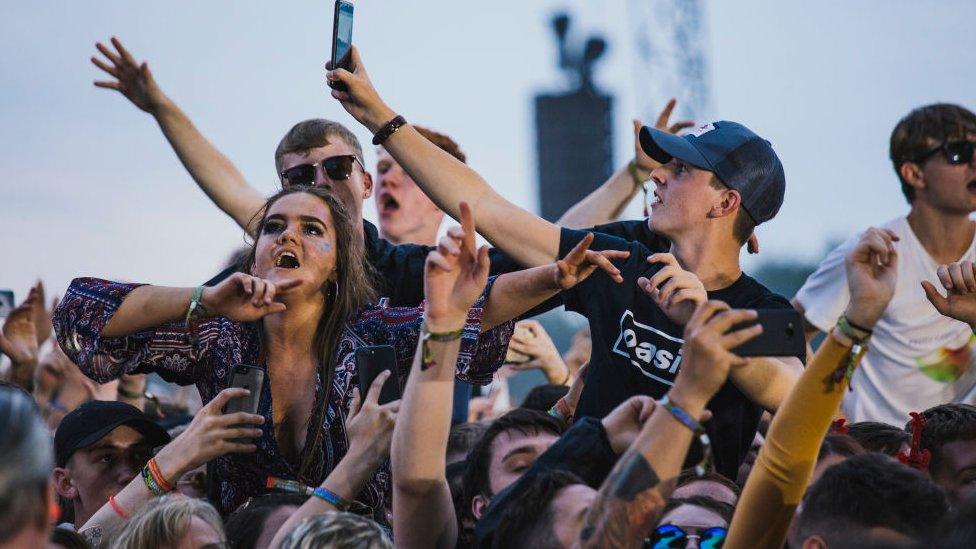We Are One: How the world's film festivals came together
- Published
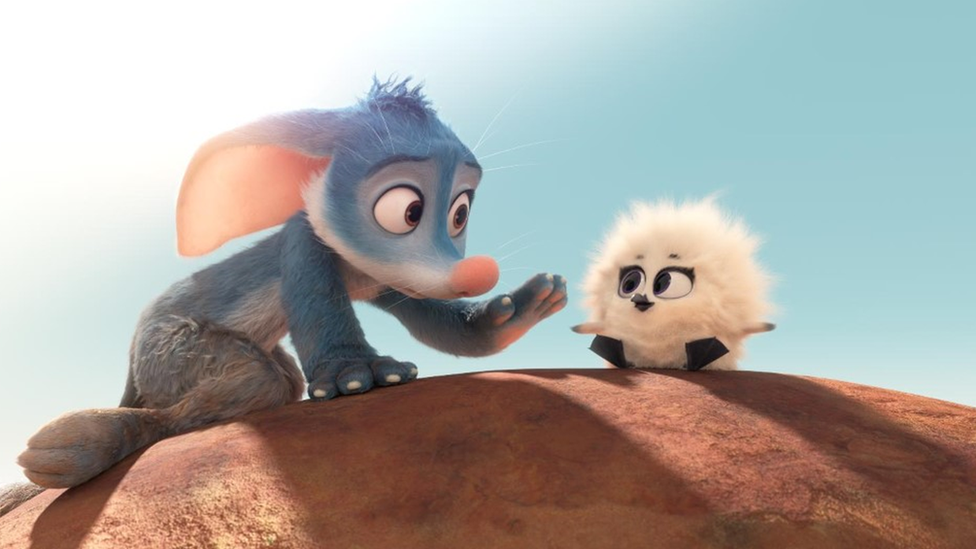
DreamWorks' animation Bilby is among the short films at the We Are One festival
A foreign language film about the social divide in South Korea wouldn't normally scream box office hit.
But after Bong Joon-ho's film Parasite won the top prize at the Cannes Film Festival last May, it set it on a path to ultimately winning the best picture Oscar nine months later.
And that's the thing about film festivals - they may be industry events largely attended by critics, journalists and filmmakers, but their influence can be huge.
The buzz a movie generates at Sundance, Toronto or Venice can determine whether a distributor picks it up for a wider public release - and put it firmly on the radar of awards season.
Of course, the coronavirus pandemic has meant most of this year's festivals cannot go ahead - so they are teaming up for a 10-day online celebration, called We Are One: A Global Film Festival.
It will feature contributions from pretty much every major film festival, including Cannes, Tribeca and Berlin, as well as some of the smaller festivals which don't attract as much publicity.
"We thought, 'What could we do to help?'" explains organiser and Tribeca CEO Jane Rosenthal.
"You have musicians, comedians and chefs that have been gathering for various relief efforts, but at a time where we're all feeling so isolated, and we're all looking for something to watch, I had this idea of bringing all the film festivals, the great curators, together."
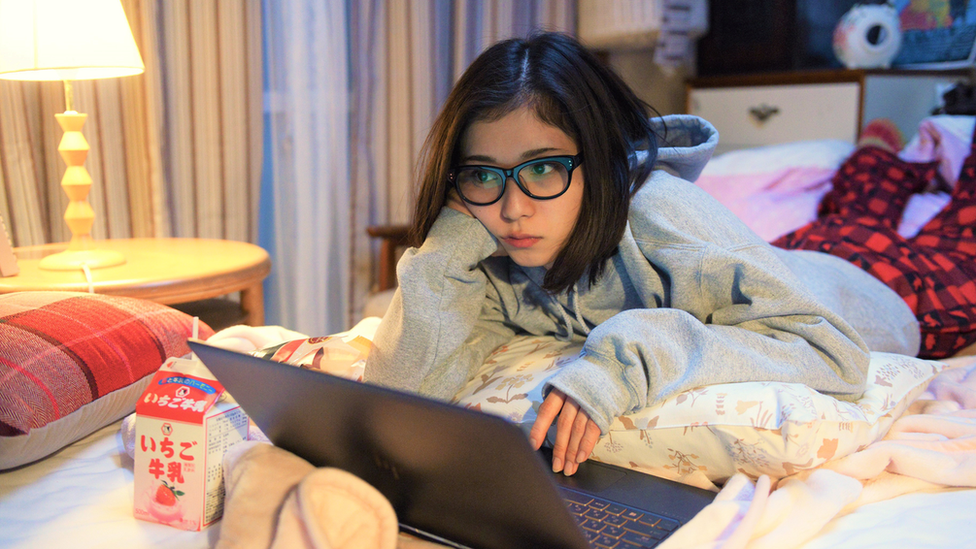
Tremble All You Want tells the story of self-obsessed 24-year-old office worker Yoshika
Here's how it will work:
There will be one single YouTube channel, external, broadcasting continuously from Friday 29 May until Sunday 7 June
The programme will consist of more than 100 films, including 13 world premieres and 31 online premieres
All films will be free to watch
There will only be one chance to see certain films, as they won't remain online after their screening
It will be signposted where each film is from, and many will feature introductions from the respective festival directors

The We Are One festival, not to be confused with Lady Gaga's musical equivalent One World: Together, has been an ambitious undertaking, to say the least.
Having to co-ordinate 21 different festivals takes a lot of organisation, not to mention a video platform that can handle it.
"We wanted to programme a virtual festival using new works, old works, works that have never been seen outside of an individual country," Rosenthal explains. "So we called YouTube, who were interested in the idea, we felt they were the ideal platform."
YouTube already had the required technical infrastructure for such an event - including the ability to add translations on screen, and a "donate" button for charities involved in Covid-19 efforts.
"There was also their ability to put a premiere up and take it down very quickly," Rosenthal says, "So if we have a film that's only up for a day, you can only see if for that day, and then it can be taken down."

5 films to look out for at We Are One

Sisterhood won the audience award at the first Macao Film Festival in December 2019
Rudeboy: The Story of Trojan Records tracks the history of a British record label founded in 1968, specialising in reggae and ska music. The documentary features interviews with Lee "Scratch" Perry and Marcia Griffiths (hosted by the BFI London Film Festival)
The Brat is a short film about a doting mother who tries to teach her seven-year-old son kindness through her bedtime stories (Mumbai Film Festival)
Ricky Powell: The Individualist looks back at the street photographer who rose to fame in the 1980s and 90s and toured with the Beastie Boys. The documentary features interviews with LL Cool J, Chuck D and Laurence Fishburne (Tribeca Film Festival)
Bilby For something short, sweet and child-friendly, this eight-minute film from DreamWorks finds a lonesome bilby tangled up with a helpless baby bird in the deadly desert of Australia (Annecy International Animation Film Festival)
Sisterhood won the audience choice award at the inaugural Macao Film Festival in December. When Sei learns of an unexpected death from her past, she is forced to revisit a complicated relationship and explore her regret over a lesbian relationship that never was (Macao)

In addition to the films themselves, the channel will broadcast panel discussions recorded at previous festivals, featuring the likes of Jackie Chan, Ang Lee, Jane Campion, Guillermo del Toro, Viggo Mortensen, Francis Ford Coppola and Steven Soderbergh.
However, one imagines convincing directors to allow their film to be viewed online instead of in cinemas was not an easy task.
After all, some major releases, such as Mulan, No Time To Die and Fast & Furious 9 are holding off until cinemas reopen, because producers are so keen on a big screen release.
"Some required more conversations than others," Rosenthal says of selecting the films for the programme. "It depends on the film and what the filmmaker wants."
On the flip side, putting all the film festivals on to a single platform will arguably benefit some of the smaller festivals, who don't normally get as much publicity as the major ones like Sundance, Cannes and Toronto.
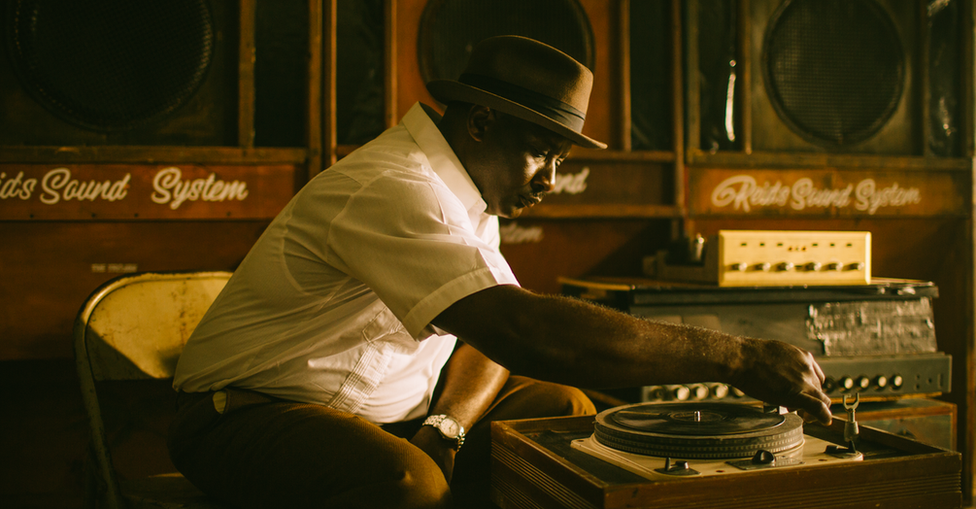
Rudeboy looks into the British record label known for ska, reggae, rocksteady and dub music
"Absolutely, it's wonderful to know what they [filmmakers] are doing out of Tokyo, Annecy, Saint Sebastian, or Mumbai, to see the creativity, how it's bringing communities together, to see the landscape of these countries," Rosenthal says.
While the organisational efforts involved in We Are One may be applauded, The Guardian's Peter Bradshaw doubts, external online film festivals are the future.
"In the end, after this is all over, people will want to go back to the flesh and blood experience, to see the films on the big screen, that sense of occasion that is the vital curatorial tool for focusing minds on a new film," he said.
"And people will want to talk about films: talk about them over coffee, over lunch, in the street outside the cinema. That is the festival experience."
For the time being, online is where they will stay - several festivals are exploring whether they can go ahead digitally this year, in addition to their participation in We Are One.
While nothing will replace that real-life feeling, Rosenthal hopes to recreate some of the atmosphere you'd normally expect.
"There will be surprises, whether that's directors talking, musical surprises, we're trying to give you that sense of musical spontaneity as much as we can on a virtual screen," she says.
"And while we can't all queue up in a line together, and we're not able to touch each other or hear the laughing or booing, we can instigate imagination and inspiration."
We Are One: A Global Film Festival begins on Friday.
- Published27 April 2020
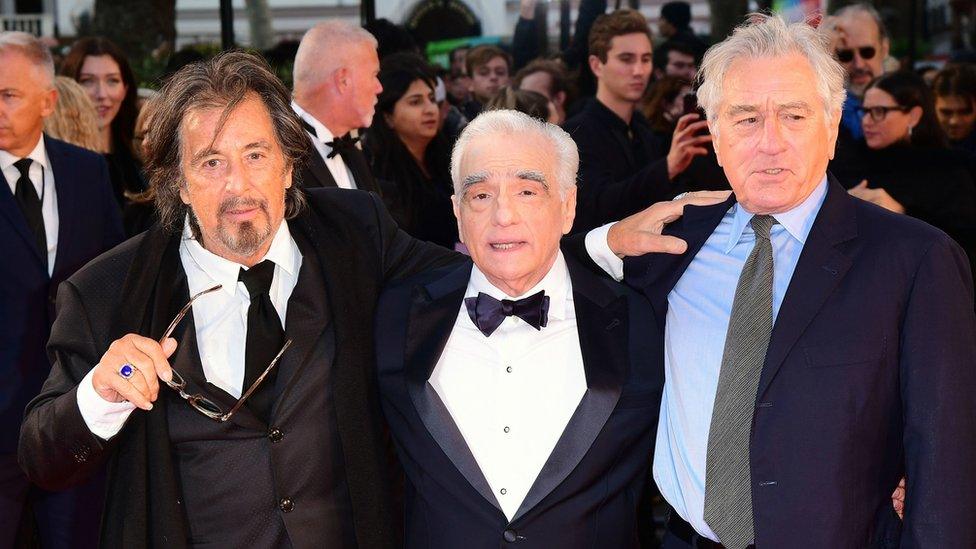
- Published7 May 2020
